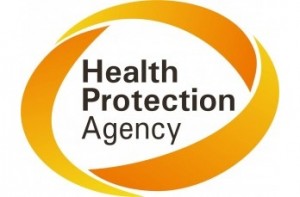A further three confirmed cases of Legionnaires’ disease in people who have travelled to Corfu since August, has been identified by the Health Protection Agency (HPA). This brings the total to 12, and three possible cases with travel history to Corfu are under investigation.
 |
| [relatedPosts title=”Related Posts”] |
|
|
The HPA is continuing to work with colleagues in the UK, the European Centre for Disease Prevention and Control (ECDC) and the Greek Public Health authorities to collect and share further information regarding a possible source or sources.
The patients, whose ages range from 39 to 79, had visited a number of different areas of Corfu. The Greek authorities have sent two teams of public health experts to Corfu and over the past week, samples have been taken from water sources at the hotels where the patients stayed, as well as from various locations around the island where tourists visit.
HPA laboratory tests have identified 3 different subtypes of Legionnella from the patients’ samples, suggesting that one common source is unlikely. In addition, detailed questioning of the people who became unwell has also failed to reveal a common source. As a precautionary measure, the HPA has been looking into the possibility of a UK source but preliminary investigations have so far not found a common link between the patients.
The HPA is continuing to advise people going on holiday to Corfu to be aware of the signs and symptoms of Legionnaires’ disease, which is a form of pneumonia. If you develop ‘flu like’ symptoms in Corfu or within 2 weeks of returning from Corfu you should seek medical advice either from NHS Direct or your GP.
Legionnaires’ disease can lead to a severe pneumonia, caused by the Legionella bacterium. It is able to survive in water, and may be spread through exposure to water droplets from cooling systems, shower heads, tap faucets etc. it is important to note that Legionnaires’ disease cannot be spread from person to person. Symptoms may start between 2 and 14 days after exposure to the Legionella bacterium, often with an initial ‘flu-like’ illness leading on to pneumonia. Legionnaires’ disease is uncommon in the UK, but can be a nasty infection and can lead to complications, and can be fatal. Early antibiotic treatment is important.
The HPA has issued a briefing note to all GPs asking them to be alert to returning travellers from Corfu with relevant symptoms. The HPA is also working with the Foreign and Commonwealth Office and the Federation of Tour Operators to ensure travel agencies are aware of the potential risk to travellers. Greek Public Health authorities have issued guidance on the detection and investigation of possible cases of Legionnaires’ disease to healthcare workers in Corfu and have issued an alert to all public and private hospitals on the island.
Further Information
Further information on Legionnaires’ Disease can be found here.
For general travel health advice, please click here.




